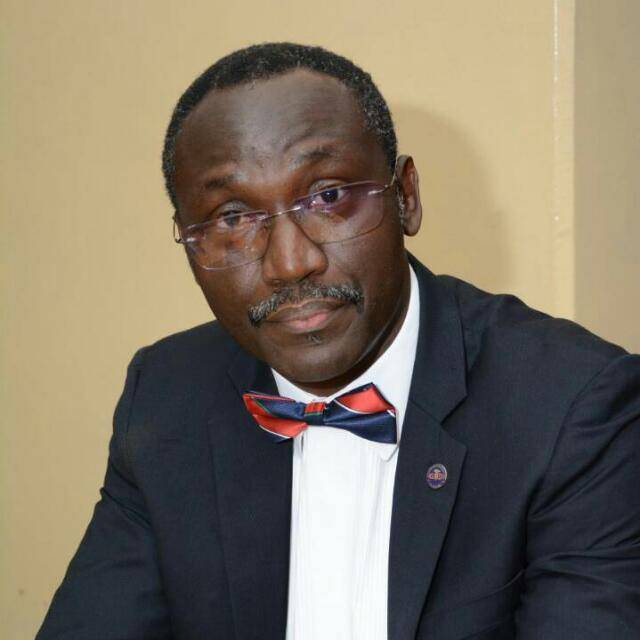The National President, Guild of Medical Directors, Dr. Raymond Kuti, has expressed concerns over the rise in newly trained doctors’ preference for non-clinical practices, such as informatics and medical technology.
He noted that this trend would further worsen the challenge already posed by the mass emigration of medical practitioners from the country.
Kuti said, “In all aspects of the health sector, there is a paucity of personnel and this will affect all of us.
“Some of them (newly trained doctors) also realise that coming into clinical medicine is not favourable for them financially and physically. So, they are going into the technology part of medicine, such as informatics. I know two to four of them, who after finishing their mandatory National Youth Service Corps were not looking for jobs, they were going into Artificial Intelligence and how it can be used in medicine such as administrative medicine because they know that this is like working remotely.
“They have become doctors but are not ready to go into the nitty-gritty of medicine again.”
Speaking further, Kuti decried the decline in the number of specialist doctors, lamenting that some of them that were undergoing specialist training emigrated before completing their training.
He warned that if the trend continues unchecked, patients requiring specialised care would face difficulties accessing the necessary medical expertise.
“Doctors who go for exams have totally reduced, I mean close to 40 per cent and about 40 per cent of Nigerian doctors don’t want to specialise again. They prefer to go outside and specialise than to remain in Nigeria.
“They’ll start all over again there. In fact, some who are in their specialist courses still leave when they still have one to two years to finish.
“We are going to get a large number of patients that will need a lot of professional skills that may not be available again because those on the ground are getting overwhelmed, discouraged and are experiencing burnout.
“I believe it is high time we call an emergency committee to see how we can resolve this issue, at least for health,” he said.
Kuti further stated that the japa syndrome had resulted in certain medical departments having fewer specialists than required, thereby relying heavily on newly graduated doctors to fill the gap.
He said, “I know of a department in a teaching hospital in Nigeria that has one professor and one consultant. All other doctors there are House Officers (newly graduated doctors undergoing their one-year internship).
“They don’t have any other group of doctors in that department and that is in a teaching hospital in Nigeria.”
Further lamenting the scarcity of medical officers in private hospitals, he described the situation as “getting to the scary point.”
Kuti, however, noted that the technology, law and education sectors are also grappling with similar challenges and called for the establishment of an emergency committee to develop solutions and mitigate the impact of the healthcare workforce crisis in Nigeria.
Source: HealthWise


